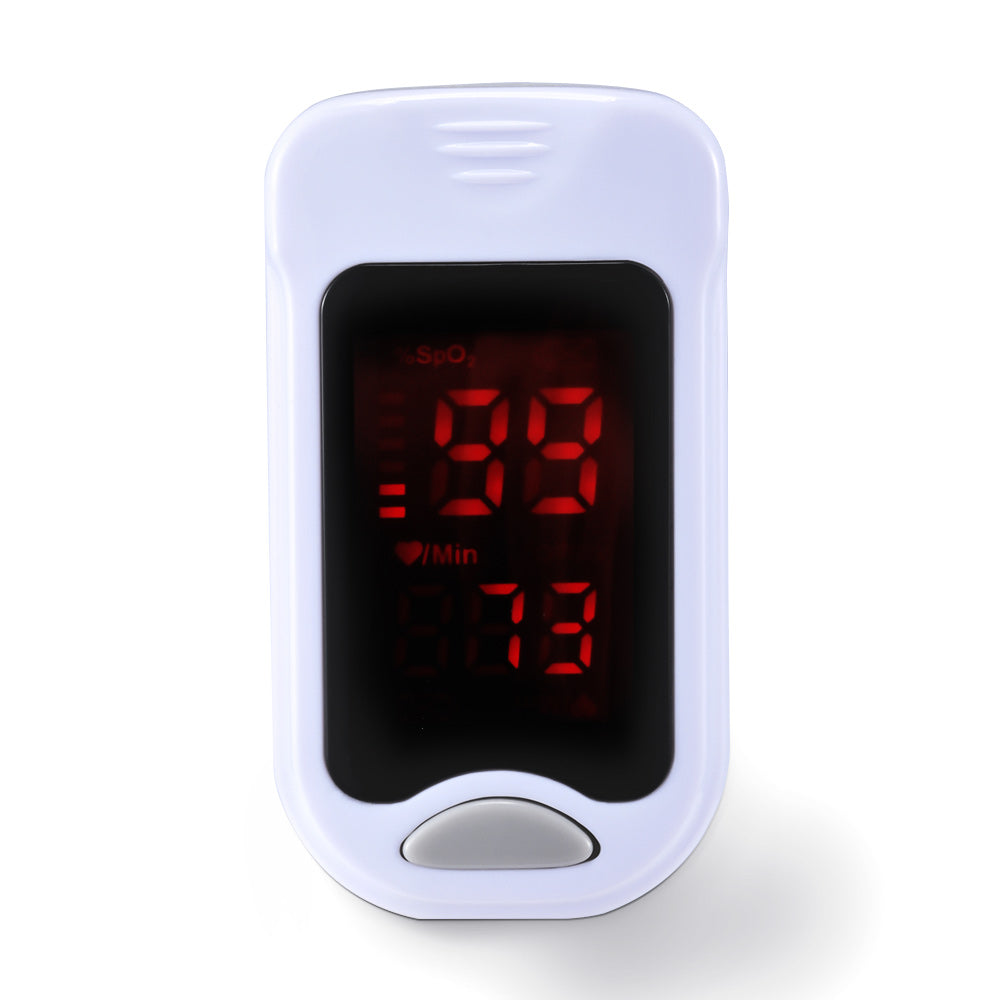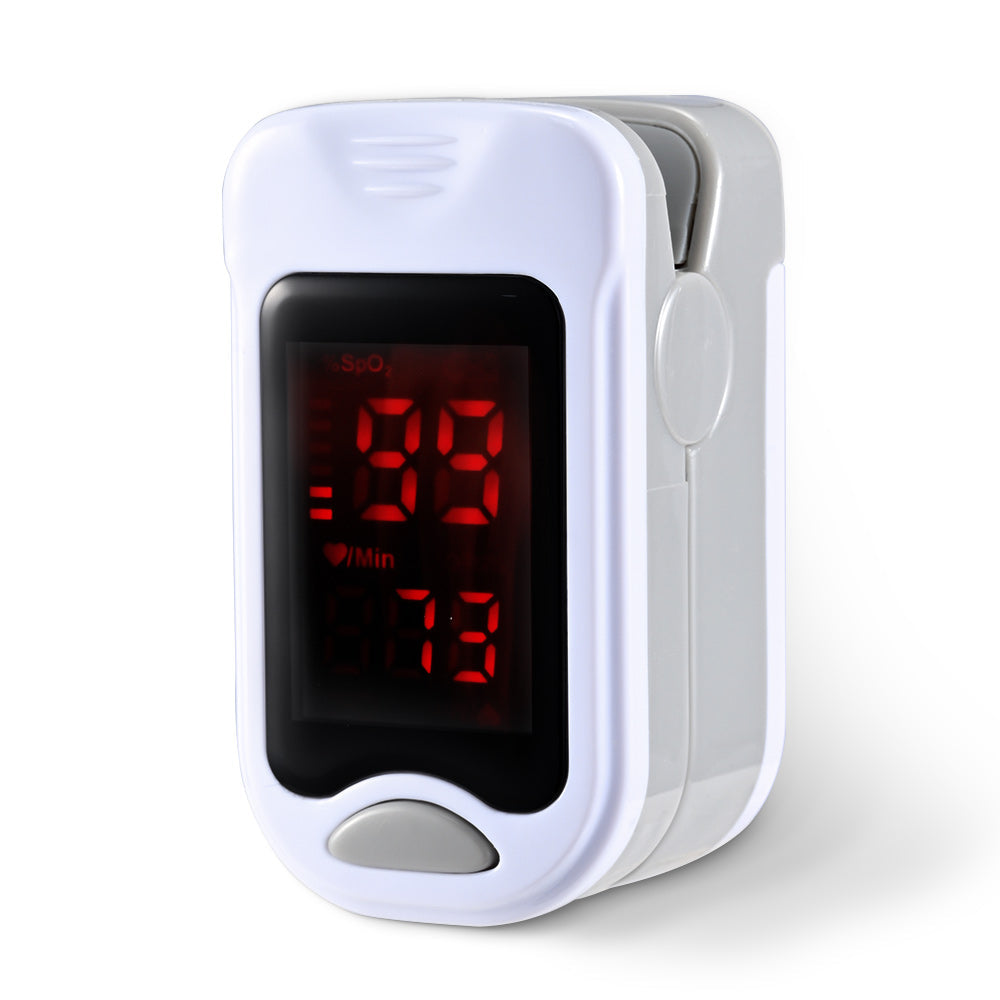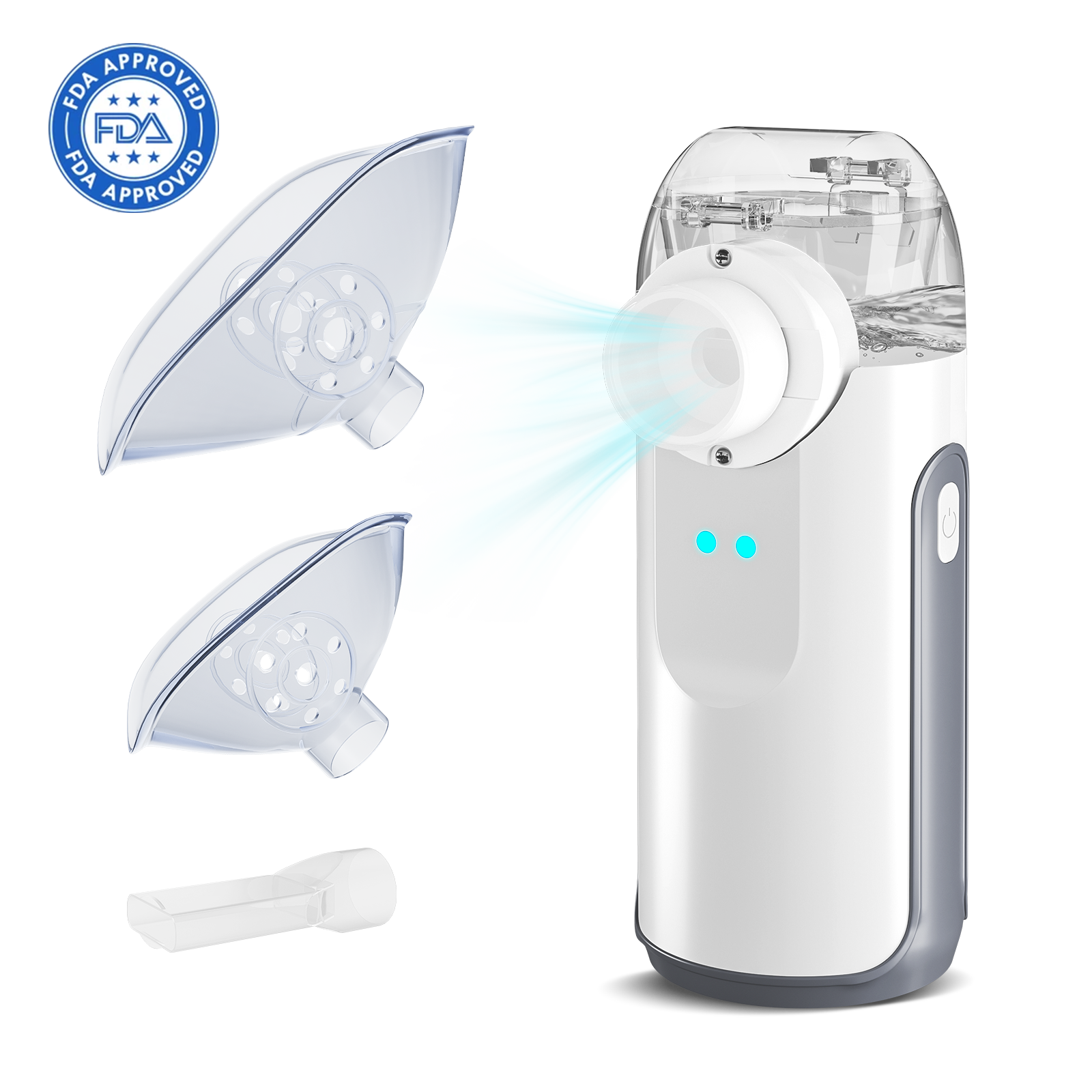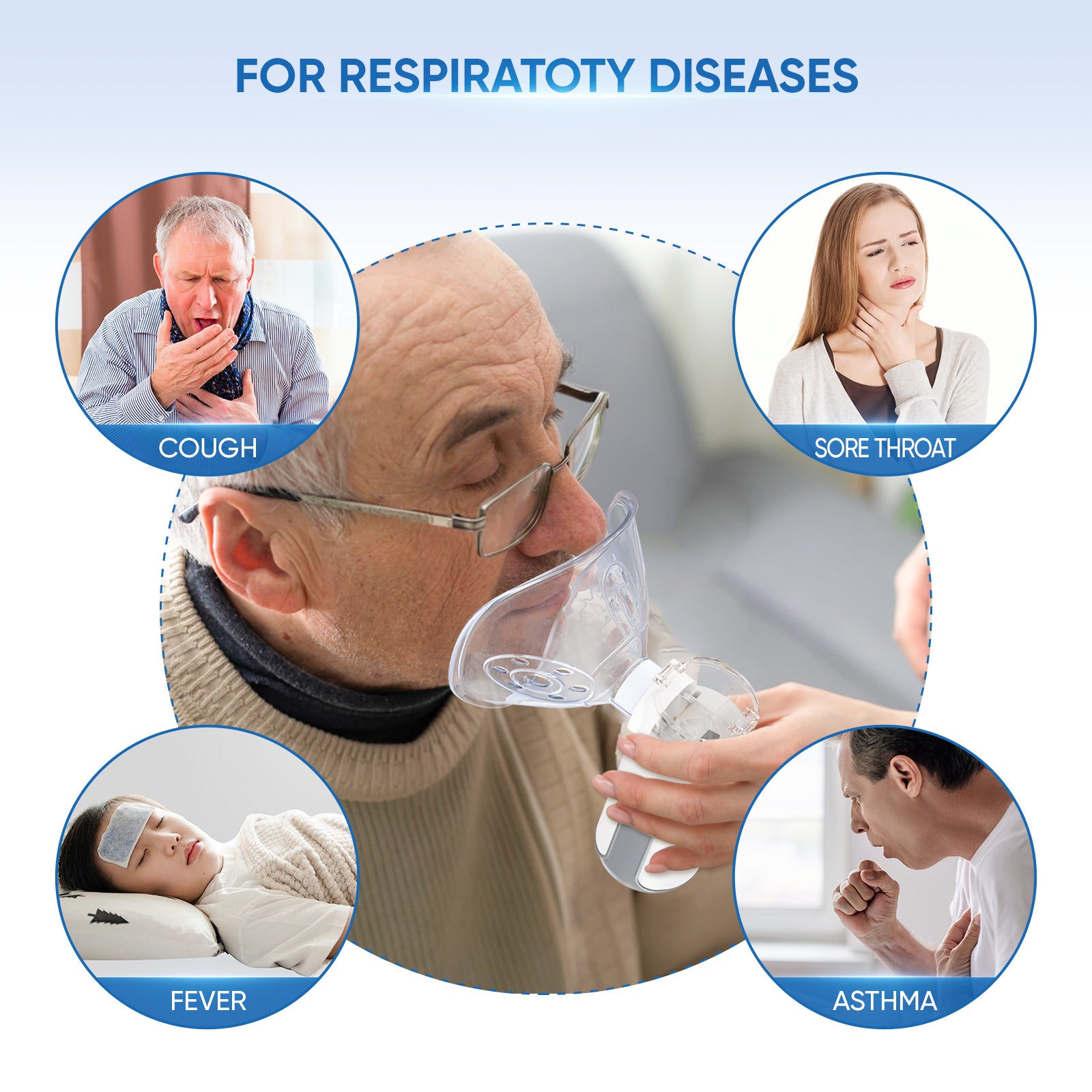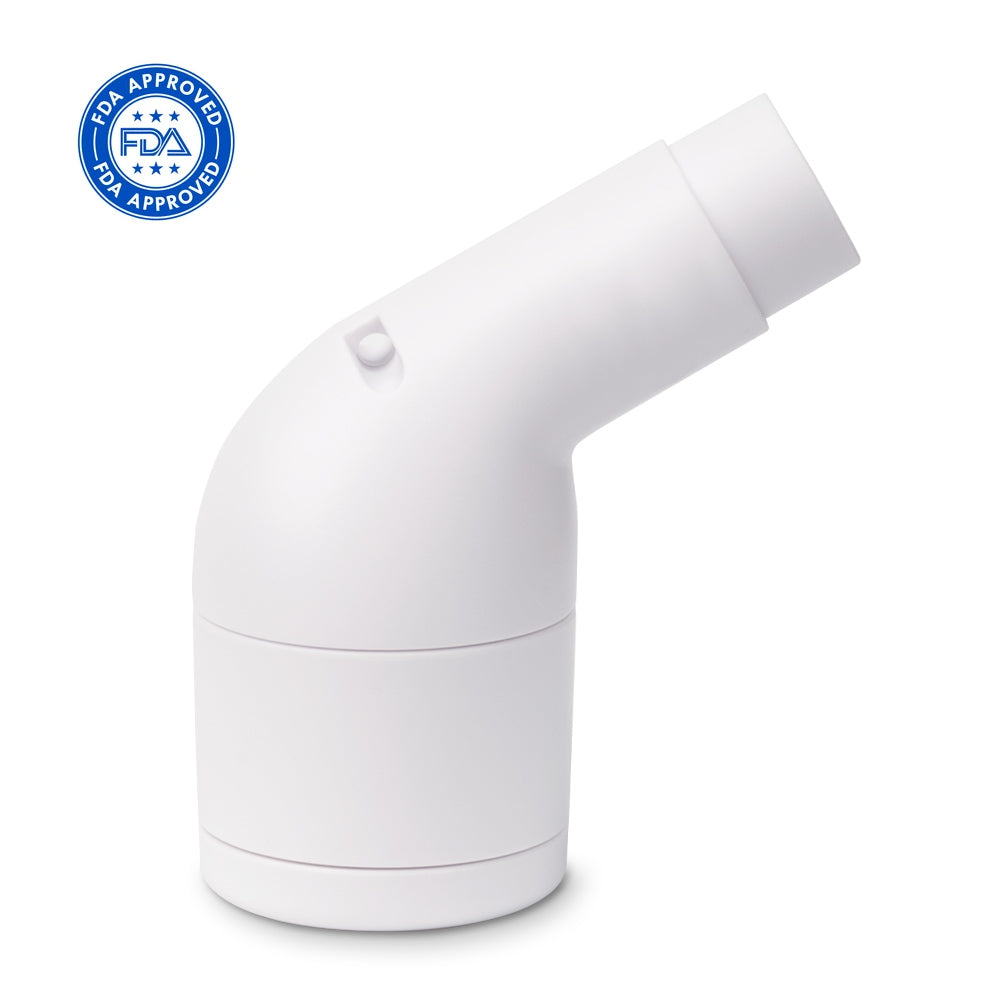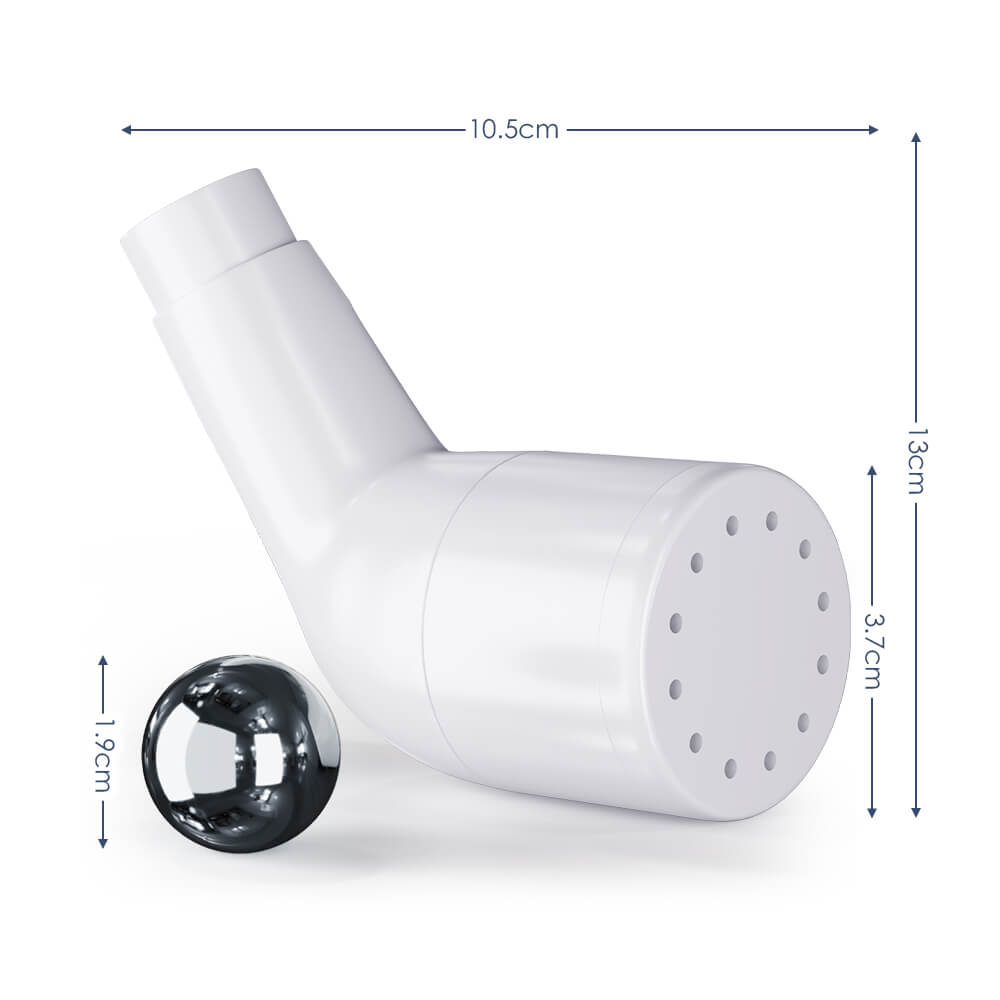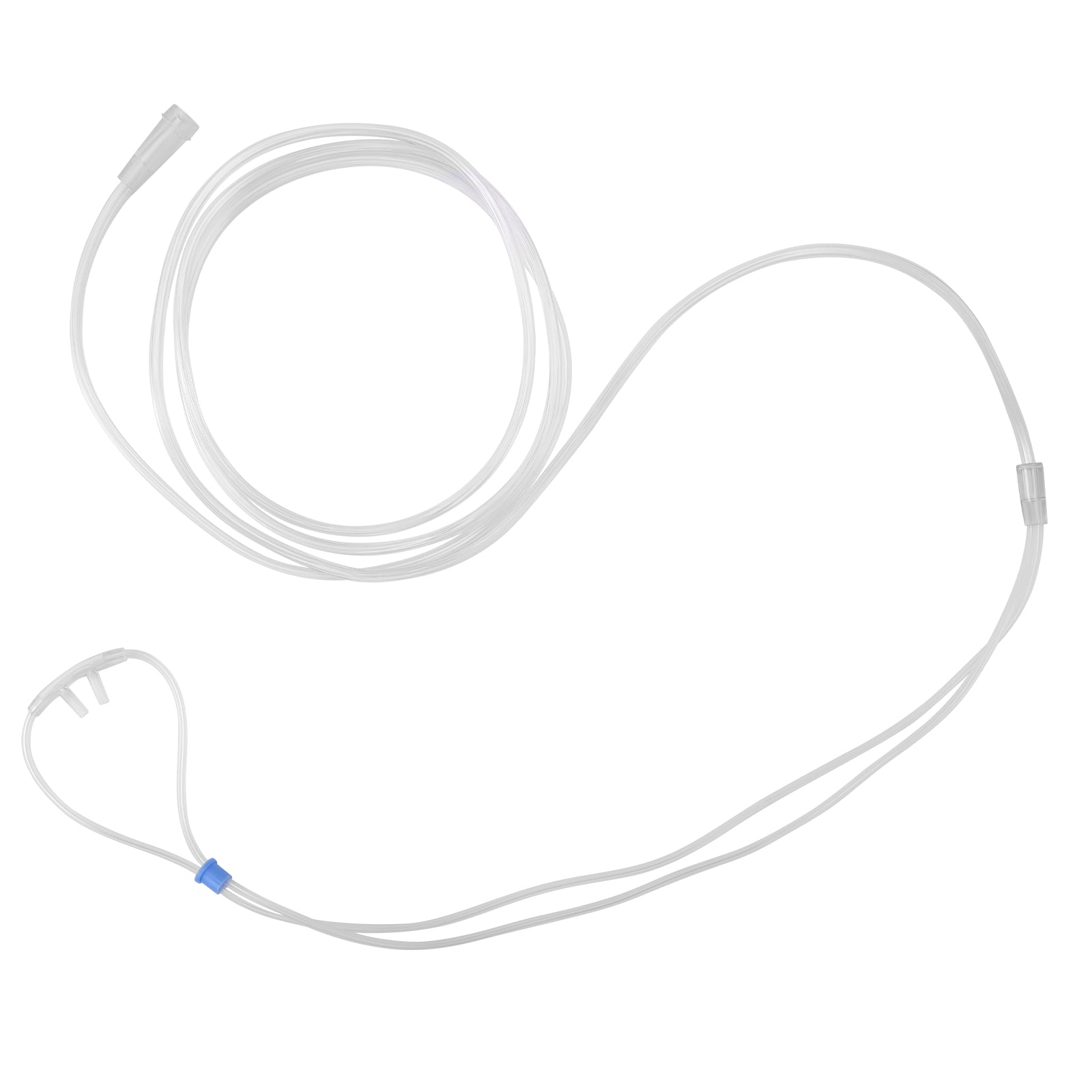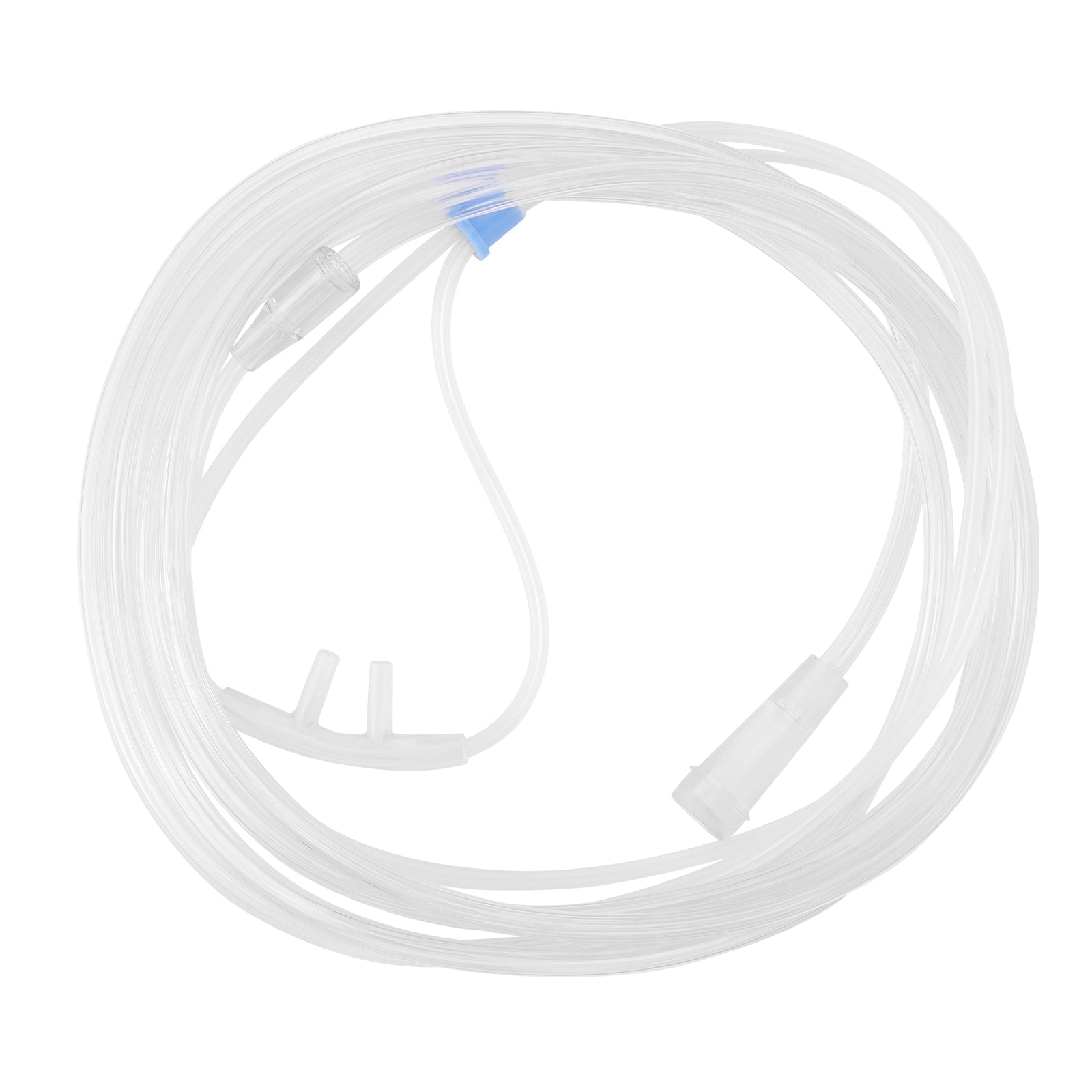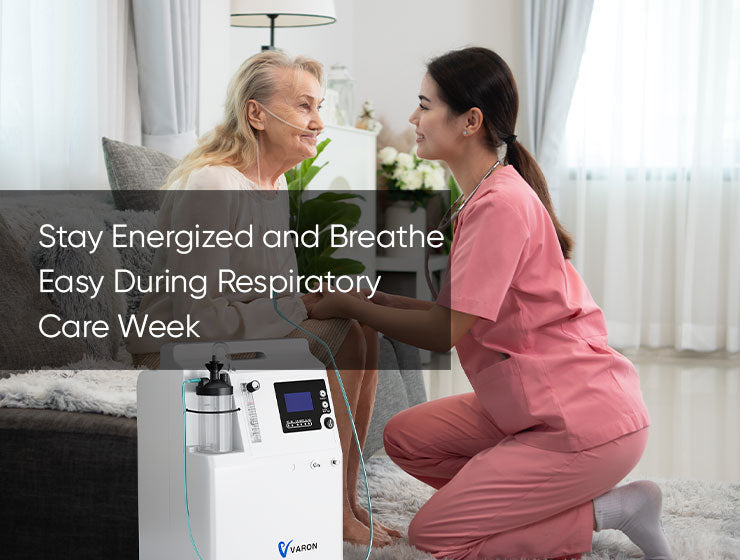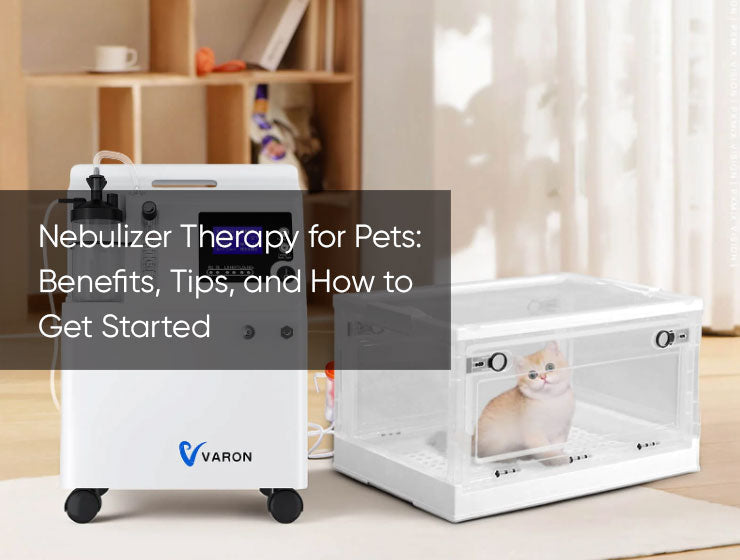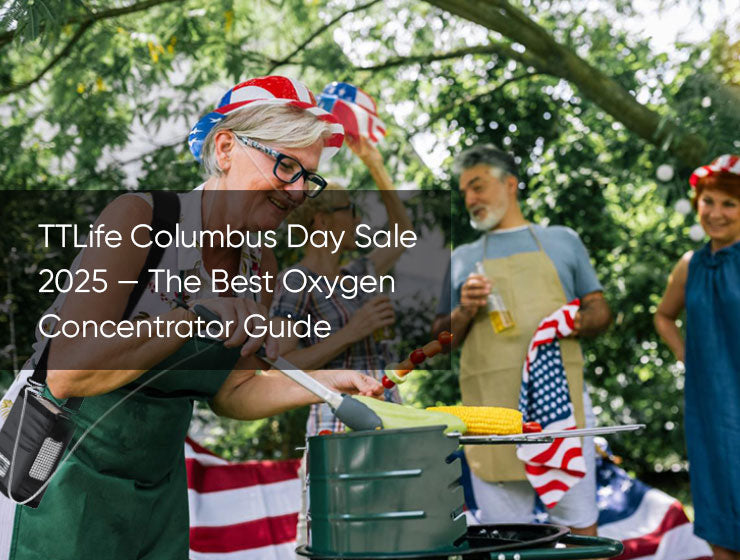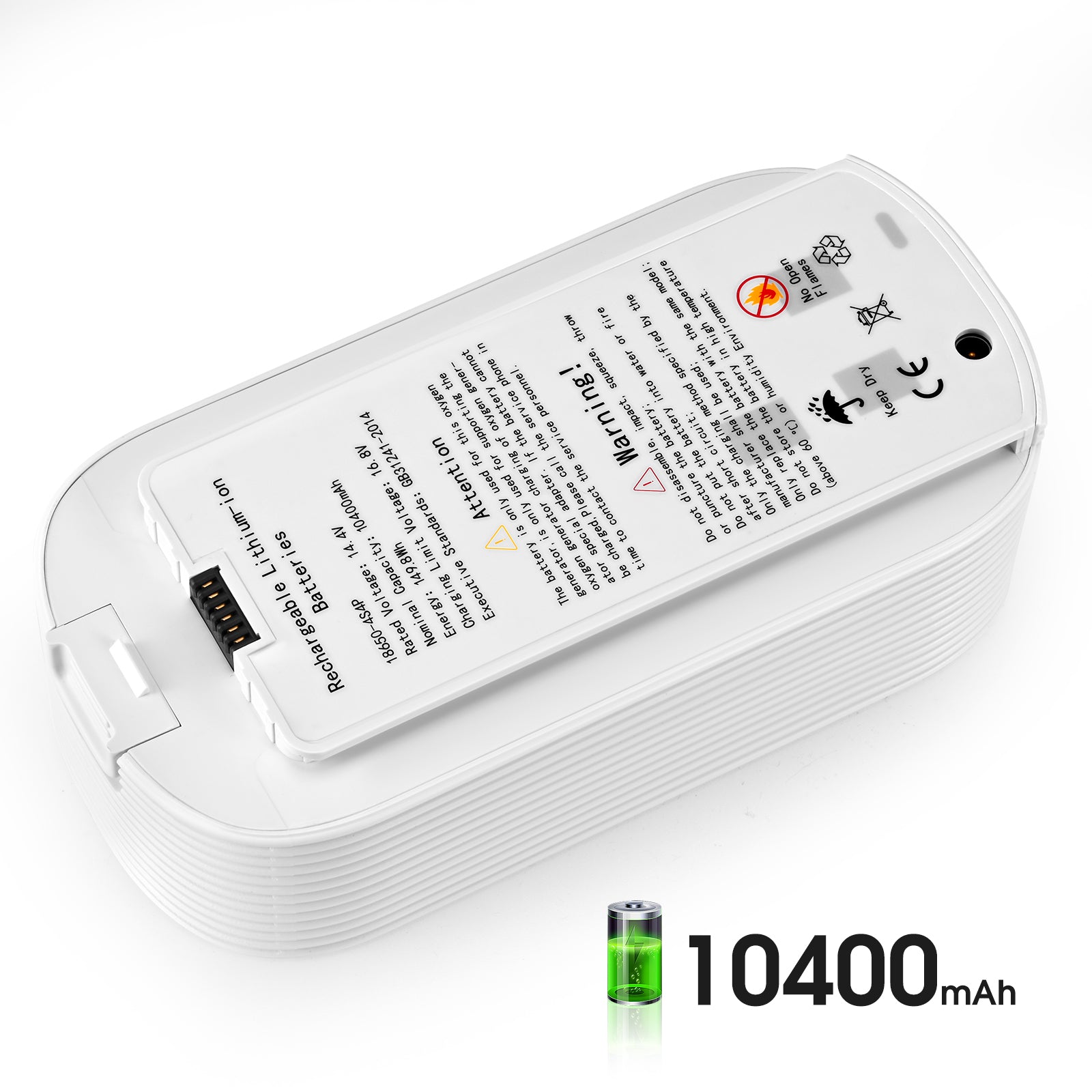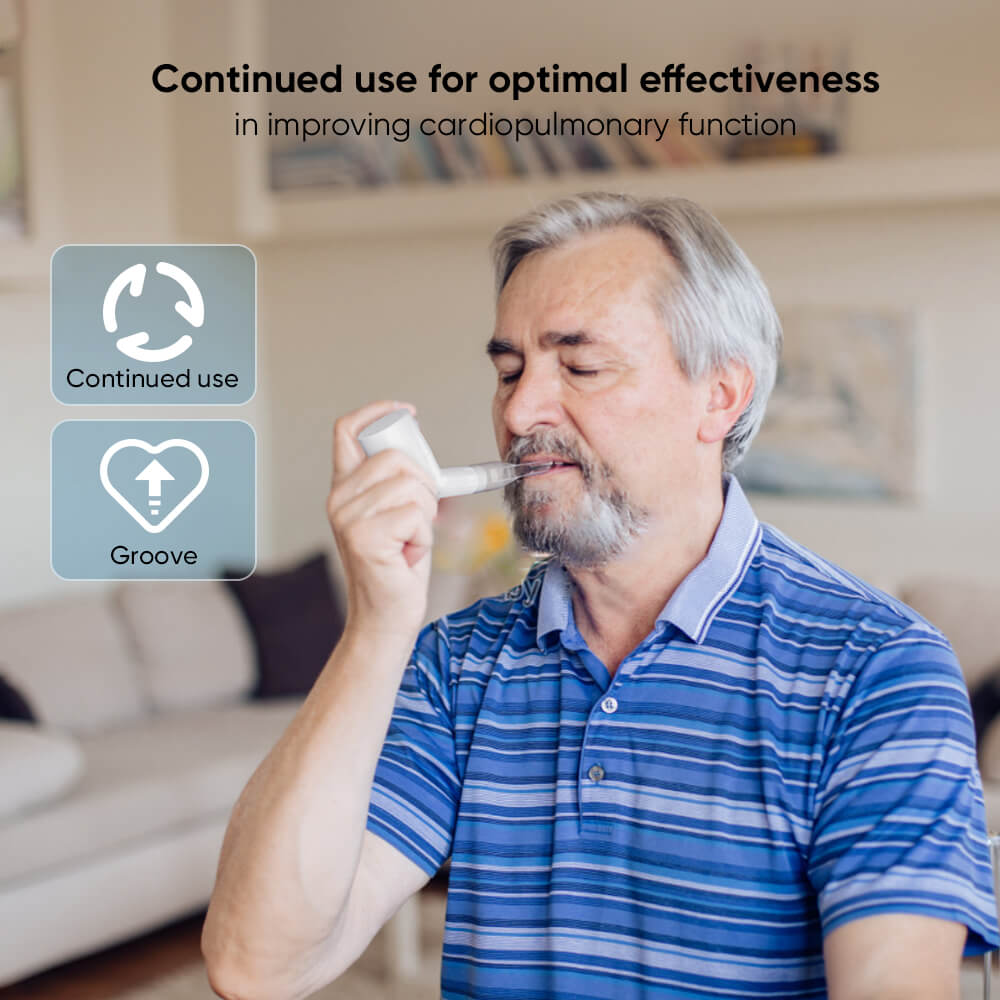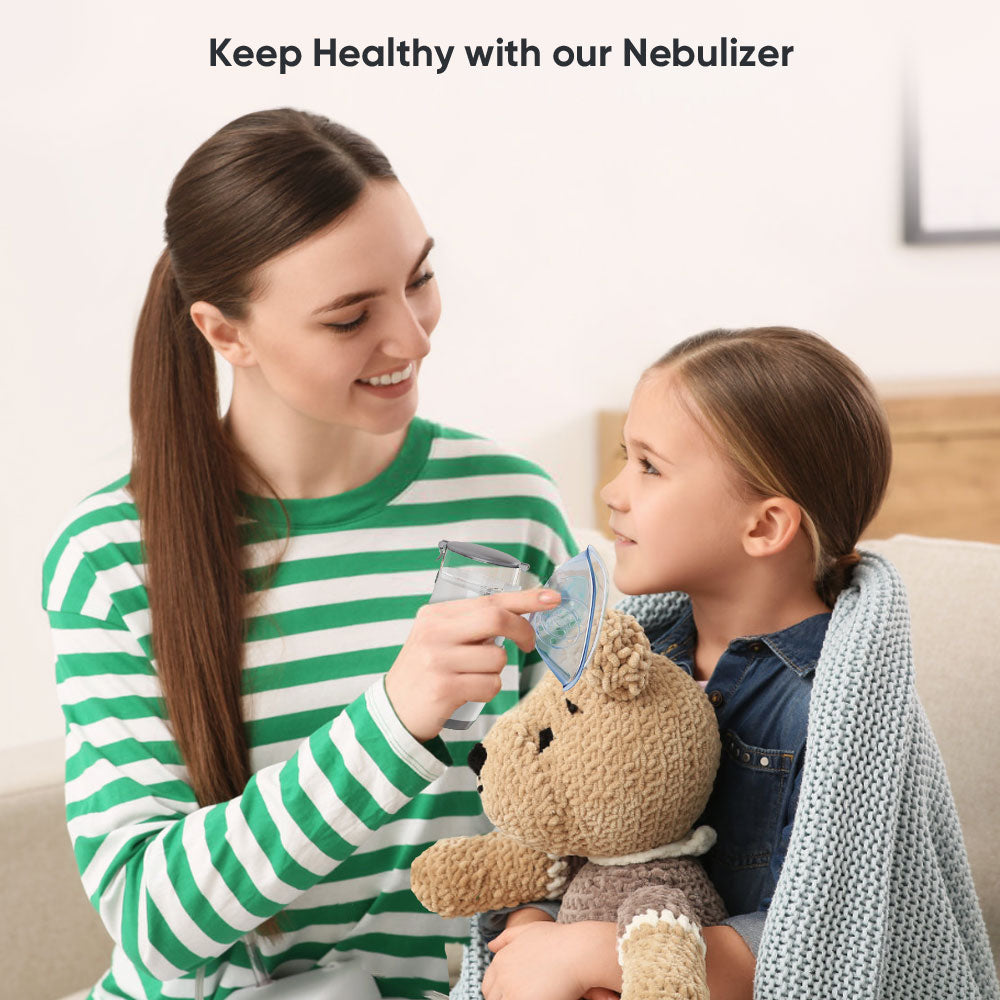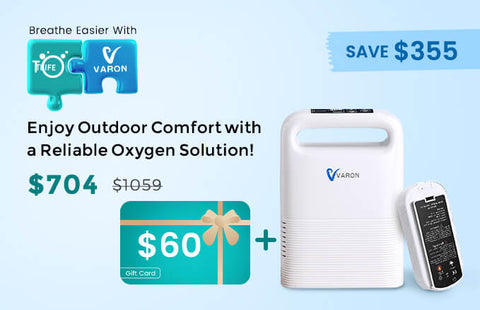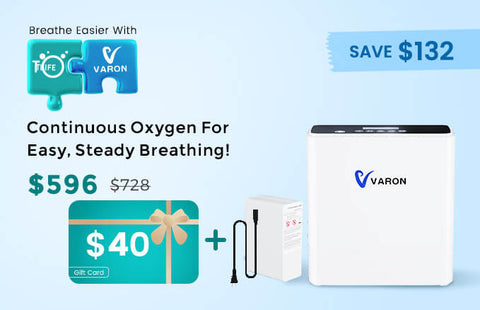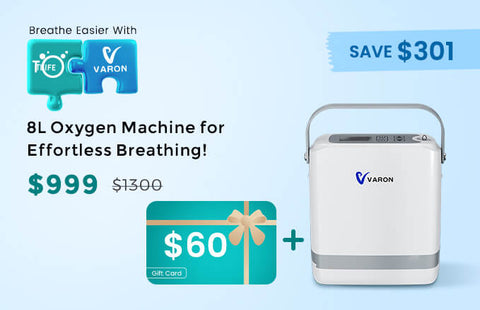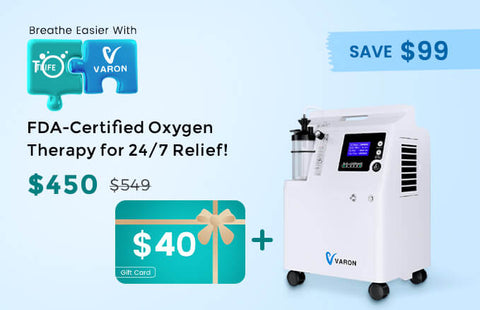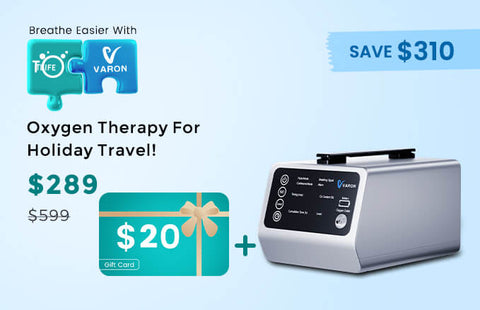Chronic obstructive pulmonary disease (COPD) is a disease that makes it hard to breathe. Narrowed airways can make you cough, wheeze, and feel short of breath. It can affect how you exercise, work, and do other daily activities.
The goal in treating COPD is to help you breathe easier and get you back to your regular activities. Your doctor has a number of options to choose from.
Short-Acting Bronchodilators
These medications work quickly to relax the muscles around your airways and ease symptoms like coughing and shortness of breath. You take them through an inhaler. The effects last for about 4 to 6 hours. You use them only when you have symptoms, or before you exercise.
These drugs can help if you only have symptoms from time to time. Short-acting bronchodilators may include:
- Albuterol (ProAir HFA, Ventolin HFA)
- Levalbuterol (Xopenex HFA)
- Ipratropium (Atrovent)
- Ipratropium bromide and albuterol (Combivent)
You can get dry mouth and headaches from these medications. Other side effects include:
- Constipation
- Fast heartbeat
- Muscle cramps
- Shaking
Long-Acting Bronchodilators
These medications also relax the muscles around your airways, but their effects last for up to 12 hours. You take them with an inhaler every day to prevent symptoms:
- Aclidinium (Tudorza Pressair)
- Arformoterol (Brovana)
- Formoterol (Foradil, Perforomist)
- Indacaterol (Arcapta)
- Salmeterol (Serevent)
- Tiotropium (Spiriva)
Side effects include:
- Constipation
- Dry mouth
- Fast heartbeat
- Headaches
- Muscle cramps
- Shaking
Steroids
These bring down swelling in your airways. You usually breathe them in through an inhaler. Inhaled steroids can help if you have many COPD flare-ups. You might take steroids as a pill if your symptoms get worse.
Examples of inhaled steroids are:
- Budesonide (Entocort, Pulmicort, Uceris)
- Fluticasone (Cutivate, Flovent HFA)
Some medicines combine a bronchodilator and inhaled steroid. These include:
- Budesonide and formoterol (Symbicort)
- Futicasone and salmeterol (Advair)
Side effects of steroid medicines depend on how long you take them. You may find yourself gaining weight or bruising easily. Other side effects might include:
- Coughing
- Increased chance of infections
- Infections of the mouth
- Hoarse voice
- Sore mouth or throat
- Weakened bones
Phosphodiesterase-4 (PDE-4) Inhibitor
A new drug called roflumilast (Daliresp) can help with severe COPD symptoms.
It brings down swelling in the lungs and opens up your airways. You might take it with a long-acting bronchodilator. Side effects include diarrhea and weight loss.
Theophylline
This medicine works like a bronchodilator, but it's less expensive.
Theophylline can help your lungs work better, but it may not control all of your symptoms.
Antibiotics
An infection can make your COPD symptoms worse. Your doctor will give you antibiotics to kill the bacteria and treat the infection.
Take all the medicine you're prescribed. If you stop taking the antibiotics too early, the infection could come back.
Pulmonary Rehabilitation
Pulmonary rehab is a program to help you manage COPD. It can ease shortness of breath, help you exercise more easily, and improve your quality of life. At a hospital or clinic, you'll work with a team of doctors, nurses, dietitians, physical therapists, and respiratory therapists.
During this program, you'll learn how to:
- Keep your lungs healthy.
- Exercise without getting short of breath.
- Eat right.
- Breathe easier.
- Feel better emotionally and physically.
Oxygen Therapy
Severe COPD can prevent you from getting enough air into your lungs. As a result, oxygen levels in your blood can get too low. Therapy increases these levels to help you stay active and healthy.
You breathe in oxygen through one or prongs in your nose. It can come from a big home unit, or from a small tank you carry around with you. You might need oxygen all the time or only when you're active.
Vaccinations
Get a yearly flu shot to reduce the number of COPD flare-ups you have. Ask your doctor whether you should also get a pneumonia vaccine.
Surgery
If other treatments don't work and your COPD is severe, you might need one of these surgeries to treat it:
- Bullectomy. Air sacs are the tiny pouches in your lungs where oxygen travels into your blood vessels. COPD destroys the walls of these air sacs. When the walls come down, they create large spaces in your lungs, called bullae. These bullae make it hard to breathe. Bullectomy is surgery to remove the air spaces and improve the flow of air in your lungs.
- Lung volume reduction surgery. The surgeon removes small pieces of your lungs that COPD has damaged. Removing the damaged parts helps the healthy parts of your lungs expand so they can take in more oxygen.
- Lung transplant. If you have severe lung damage, your doctor can remove your lung and replace it with a healthy one from a donor. This surgery does have risks, and you will need to take medicines for the rest of your life to prevent your body from rejecting the new organ.
Lifestyle Changes
Treatment from your doctor is just one part of COPD care. A few changes to your daily life can also help you breathe easier. The most important one is to quit smoking.
Cigarette smoke is the leading cause of COPD, and it can make the disease worse. It may not be easy for you to quit, but there are many ways to get help. Ask your doctor about nicotine replacement, medicine, and counseling.
Once you've quit, try to stay away from anyone else who smokes. Avoid dust and chemical fumes, too. A couple of other things to consider:
- Talk to a dietitian. See what he says about your eating plan. You might need to eat smaller meals more often or take supplements to get the nutrients you need.
- Exercise. This is also important when you have COPD. It strengthens the muscles that help you breathe.
Your doctor can help you design a fitness program that's safe for you. You'll also learn breathing techniques to help you exercise.


